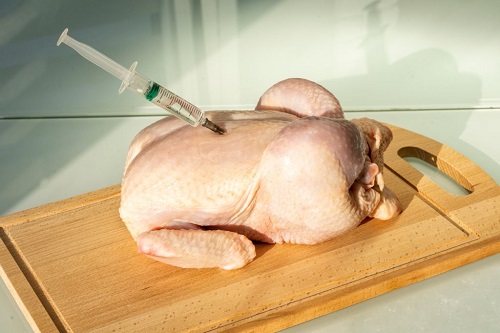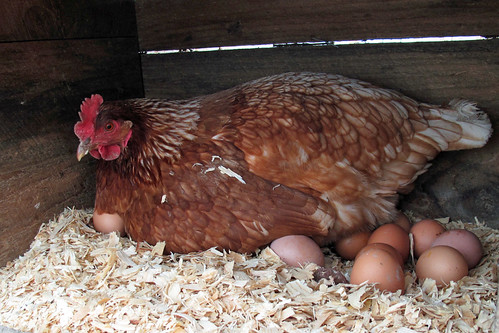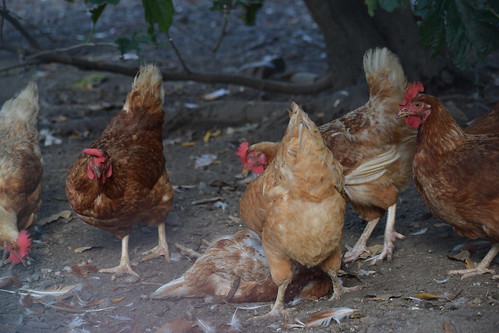The rapid growth of chickens today is majorly due to advancements in animal science, breeding and nutrition. Animal breeding technology has especially contributed to the development of high-performing birds.
However, some poultry farmers have tried to explore growth-enhancing hormones or steroids on chickens, especially broilers, in order to make their chickens bigger or weightier within a short period.
You might have heard or learned that using synthetic hormones in broiler farming is unhealthy, unethical and harmful to both birds and humans. But are these really true? Yes, but there are other truths about using synthetic hormones on broilers. They are as follow:
1. The hormones are expensive
These hormones are not produced commercially due to the prohibition of their usage in animals. Even if they are produced illegally or mixed with some commercial drugs, the cost would be very high; because if 1 mg of these substances is administered to a broiler chicken, its cost will exceed the actual market value of the bird, which would not make any sense from a commercial point of view.
2. Administration of the hormones in chickens is complicated
The administration must be intravenous or intramuscular. Being protein substances, if they are consumed orally, these would be digested by gastric enzymes. So, the application would be extremely difficult, which means a huge task, given that we are talking about hundreds of thousands of these birds on any medium-sized farm.
3. The hormones require exercise by the chicken
The effect of steroids should be accompanied by exercise. The use of anabolic steroids to achieve greater muscle mass in chickens is impossible in this industry, simply because the birds would have to exercise like athletes who use these substances to achieve the desired results. This, in poultry farming, is impossible since most commercial broilers are raised in a confined environment with little or no space for exercise.
4. The hormones would be counterproductive in chicken
Administering hormones to chickens would be counterproductive because this would increase the metabolic rate of the chickens and cause their death because broilers live practically on the edge of their maximum metabolic limit. Chicken has its own natural hormones that it synthesizes for normal growth; an overdose of these hormones will either inflict disease on the animals or cause monstrosities.
5. Response time of hormones in chickens
The administration of growth hormones does not make birds grow, in the same way, that it does not make people who inject these types of substances super physically endowed. Growth is a very complex combination of metabolic functions that depend on a broad set of endocrinological signals. The use of hormones in poultry production would be a waste of money because broilers would not be able to assimilate these hormones in their short period of life (45 days), while it would take between 60-100 days after applying the drug to observe an increase in the muscle mass.
6. They are unnecessary to use
Simply, the use of hormones is not necessary since the rapid growth of chickens occurs because the processes of breeding and fattening broiler chickens today take less time. Thanks not to the use of hormones, but to the advanced breed improvement work that the breeders around the world have been doing. This, accompanied by an adequate diet based on proteins, vitamins and minerals, as well as proper management on the farm, helps chickens to grow faster and bigger.



